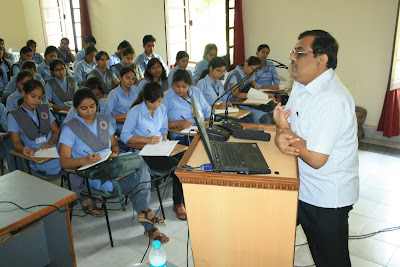The ambiance in the Congress party after Mrs. Gandhi befalls laid up is disquieting. Terrified, apprehensive and plus a quantity of tone alongside and the groceries of the current scenario for the oldest party of our nation is ready to serve. One can site the panorama at the premier point. Mrs. Gandhi is back in
Identical mania happened during Anna Hazare movement too. Last week it was told to the T.V Journalists by himself Hazare that the principal problem at that time was, the voice of P.M was not been listened. He in a laughing mode said that ‘One and all thought that they are P.M themselves.’ Even when Anna Hazare was relieved from Tihar the ministers announced that it was on the order by Rahul Gandhi when he came back to the country, not on the P.M.
This phenomenon of insult of P.M was started from the time when Mrs. Gandhi before going abroad announced a four member committee to look into her work, and sadly P.M’s name was missing. The committee included Rahul Gandhi, Ahmad Patel, Janardhan Drivedi and A.K Antony. The panorama of P.M which was very tiny transformed into dwarf. That is the reason why these days there are different voices raised that Mr. Gandhi should become P.M. As the authenticity is might be he doesn’t get chance in the future.
The tribulations of congress party are becoming bigger and bigger day by day as 2014 is coming close. Moreover from the present circumstances we can articulate that Congress would not make government yet again. The only trump card left is secular beautiful leader Mr. Gandhi. This is the raison d'être why these days when T.V Journalists ask congress leaders about Narendra Modi, they get worried since the can compete their Yuvraj. There is no doubt if we eliminate Gujrat Riots chapter from Indian Polity, Modi is worth candidate for P.M position. Lastly, Mrs. Gandhi’s absence was hard not only for congress but nation too.
Prateek Pathak
Student
B.A in Media Studies
University of Allahabad























































